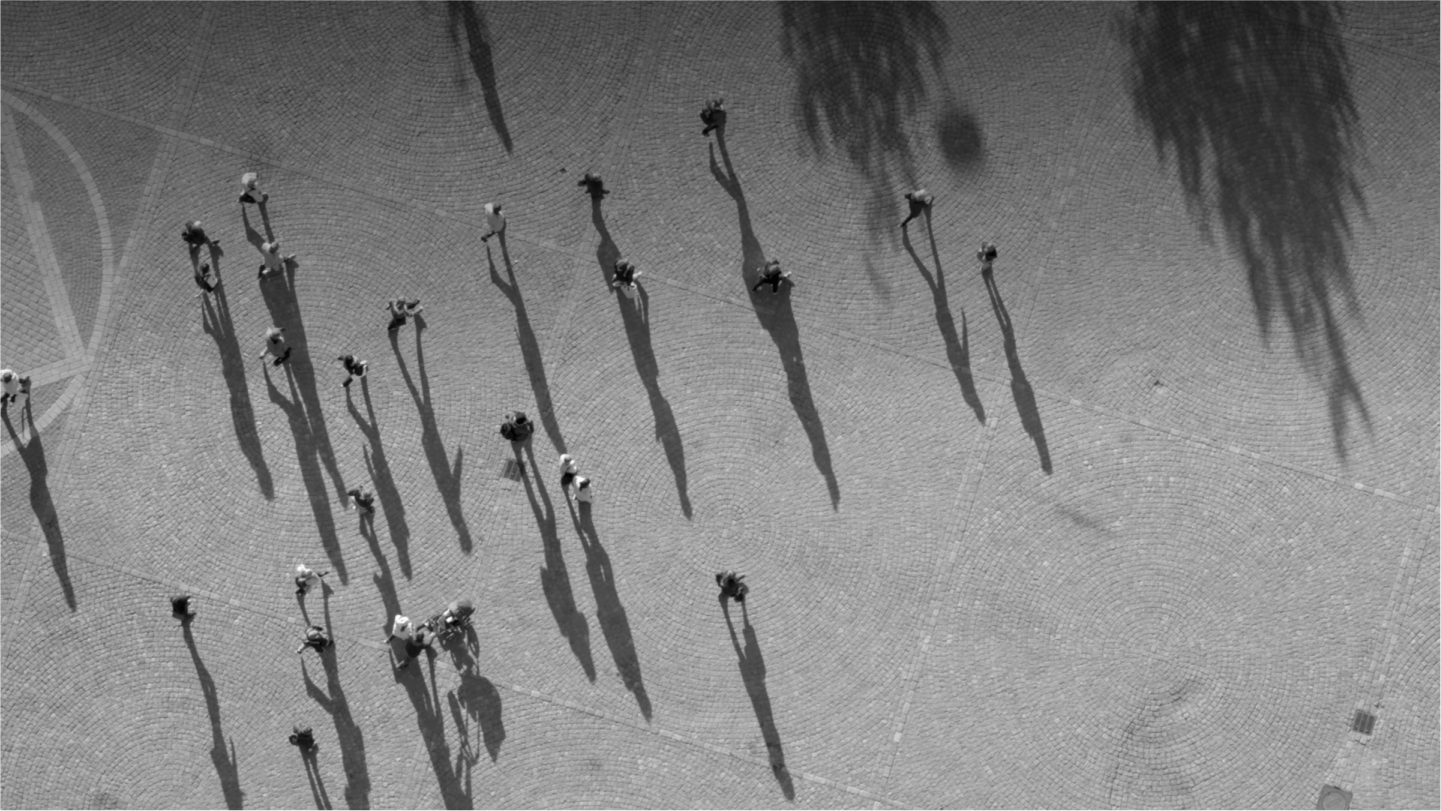


The deed of estate inventory contains a list of shareholders and a complete list of the decedent’s property and debt Inheritance tax is assessed on the basis of the deed of estate inventory. It also includes the assets and debts of the surviving spouse at the time of the deceased’s death. The obligation to draw up the deed of estate inventory lies with the shareholder who is administering the deceased’s estate.
The shareholders are the legal heirs determined in accordance with the provisions of the Inheritance Code. The surviving spouse is a shareholder by virtue of his or her matrimonial right. He or she is also a shareholder if the deceased died without children, in which case the surviving spouse inherits from the spouse under the Code of Inheritance. Also, if the surviving spouse inherits by testament, he or she is a shareholder in the estate. Furthermore, a universal beneficiary under a testament is a shareholder irrespective of the family relationship. Legatees, i.e. beneficiaries other than universal beneficiaries under a testament, are not shareholders in the estate. The invitation to the meeting for the purpose of drawing up the estate inventory must be sent to all the shareholders of the estate.
If the estate inventory is neglected, the tax authorities will carry out an estimated tax assessment. In many cases, the estimated tax is significantly higher than the tax based on the actual value of the estate.
If, after the estate inventory, new assets or debts are discovered, a supplementary or amending inventory deed must be drawn up.
With more than twenty years of experience, we offer our clients a personalised and client-oriented service in various areas of family property law. Whether your matter falls under family law or inheritance law, we always handle it efficiently, without forgetting the human aspect.
The area of family law usually includes financial matters relating to marriage and cohabitation, as well as child custody, living arrangements, right of access and maintenance.
Before proceeding with the distribution of the estate, a deed of estate inventory, which is a list of the deceased’s assets and liabilities, must first be drawn up and the estate must be settled. Only then can an agreement on the distribution of the estate be concluded.
Inheritance tax planning emphasises the importance of properly prepared documents in good time. A continuing power of attorney is a document that allows you to take care of your own affairs over your lifetime well in advance. You can plan for the distribution of your assets and their tax treatment by having a comprehensive deed of gift and/or testament in place.